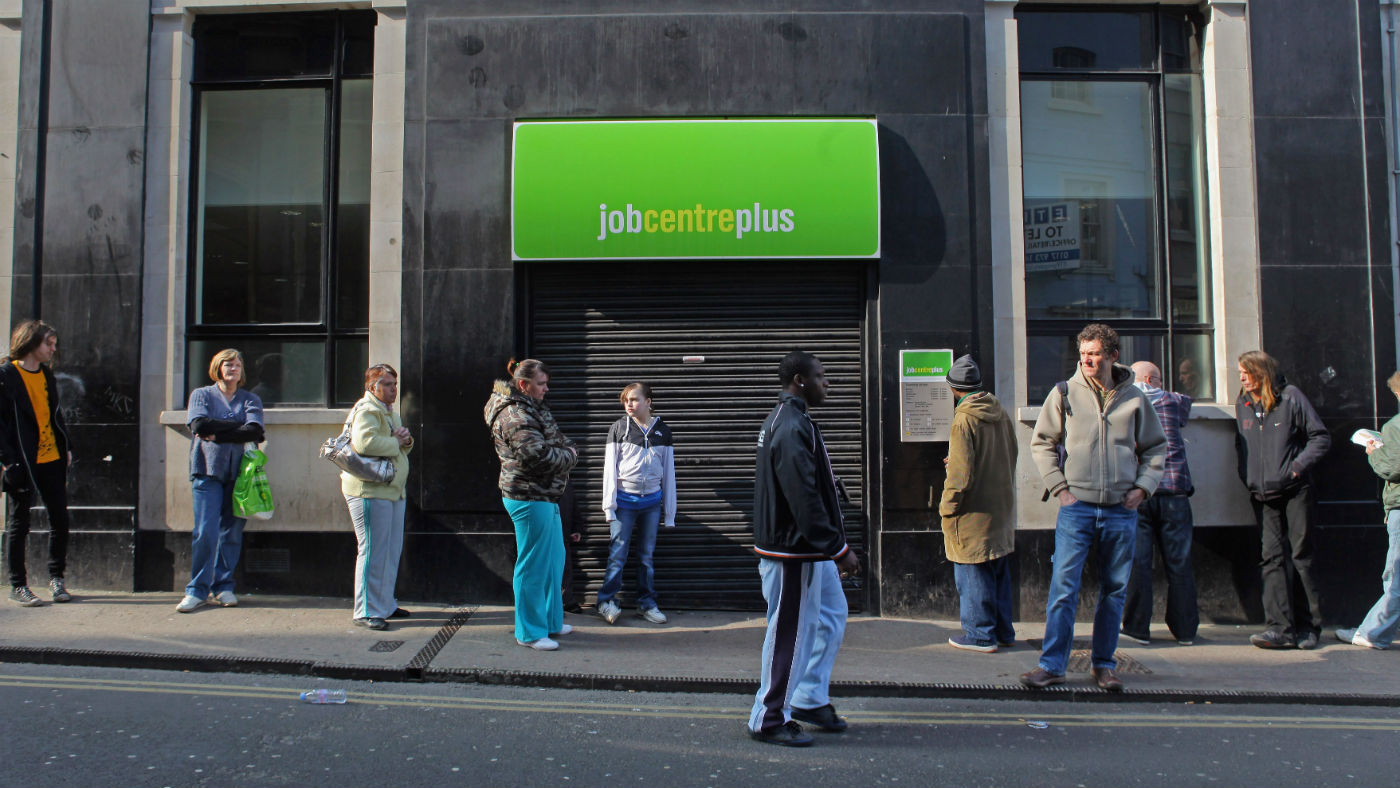UK unemployment figures ‘should be millions higher’
OECD research reveals ‘hidden’ areas of joblessness located mainly in northern urban areas

A free daily email with the biggest news stories of the day – and the best features from TheWeek.com
You are now subscribed
Your newsletter sign-up was successful
Millions more people in Britain are jobless than official figures suggest, according to a new study revealing “hidden” areas of unemployment, mainly in northern towns and cities.
Research published by the Organisation for Economic Co-operation and Development (OECD) and the Centre for Cities thinktank found that more than three million people are missing from the headline unemployment rate because they report themselves as economically inactive to government labour force surveys.
These include people who may be willing to work or have stopped looking for work for economic reasons, including people
The Week
Escape your echo chamber. Get the facts behind the news, plus analysis from multiple perspectives.

Sign up for The Week's Free Newsletters
From our morning news briefing to a weekly Good News Newsletter, get the best of The Week delivered directly to your inbox.
From our morning news briefing to a weekly Good News Newsletter, get the best of The Week delivered directly to your inbox.
- with health issues or a disability who could work with support
- who take care of relatives due to a lack of access to care facilities
- who have taken early retirement
- who think there are no available jobs.
In what The Guardian describes as “a stark analysis of joblessness across the country”, the OECD assessment raises the total number of people out of a job who could work from the official level of 1.3 million to almost 4.5 million.
–––––––––––––––––––––––––––––––For a round-up of the most important business stories and tips for the week’s best shares - try The Week magazine. Get your first six issues for £6–––––––––––––––––––––––––––––––
With urban areas outside of the south east facing the highest levels of hidden joblessness, Andrew Carter, chief executive of the Centre for Cities, said future changes in the jobs market could bring more pain.
“People in cities which have struggled to recover from the deindustrialisation of the 20th century could be dealt a second blow as they are ill-equipped to respond to automation,” he said.
A free daily email with the biggest news stories of the day – and the best features from TheWeek.com
The new calculations “cast doubt on the apparent resilience of the UK labour market since the EU referendum in 2016” says The Independent.
Even official Office for National Statistics data showed a surprise drop in the number of people in work over the summer.
The BBC reports the unemployment rate unexpectedly rose to an estimated 3.9% between June and August from 3.8%, after the number of people in work fell by 56,000.
The unemployment rate is still close to its lowest level for 44 years, but the ONS said employment growth had “cooled noticeably” in recent months. Among under-25s, the employment rate has started to fall.
City A.M. says the jobs market is now “markedly weaker”. Howard Archer, chief economic adviser to the EY Item Club, told the paper: “The hitherto resilient UK labour market is increasingly buckling in the face of a struggling UK economy and heightened Brexit and domestic political uncertainties. On top of this is a weakened and uncertain global economic environment.”